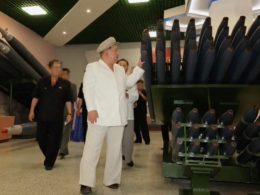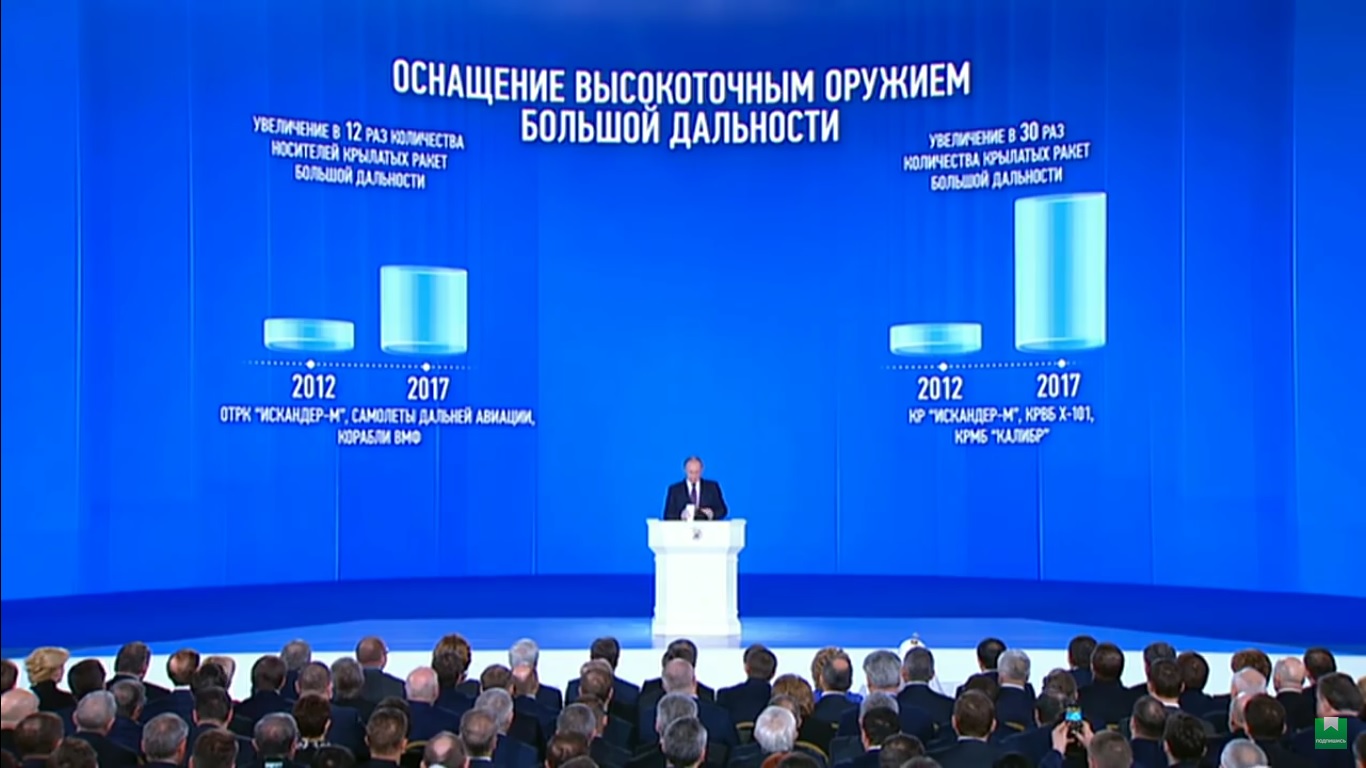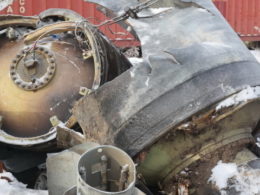In an "arms-for-oil"’ trade between Pyongyang and Moscow, Russia has started direct supplies of oil to North Korea in defiance of UN sanctions, as revealed through satellite images shared exclusively with the Financial Times.
FT says
that despite UN restrictions, at least five North Korean tankers have been documented collecting oil products from Russia's Vostochny Port in Russia's Far East since 7 March, according to satellite imagery shared by the UK think-tank Royal United Services Institute with FT.
These shipments mark the first documented direct seaborne deliveries from Russia to North Korea since the imposition of strict oil transfer caps. With Russia's approval, the UN Security Council sanctioned the country in 2017 in response to Pyongyang’s nuclear weapons tests. The restrictions limit North Korea to only 500,000 barrels per year for both oil and petroleum products combined.






